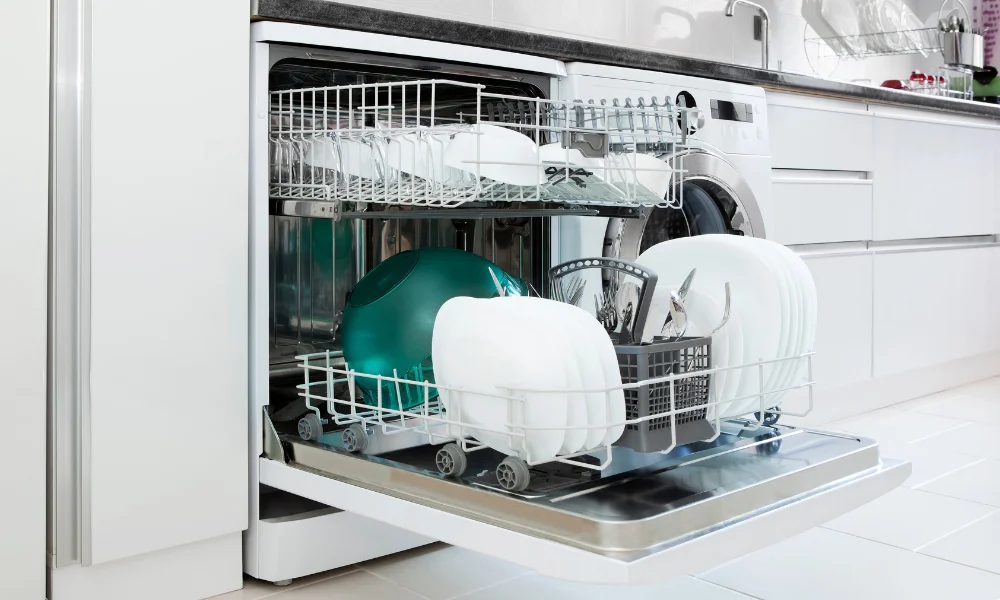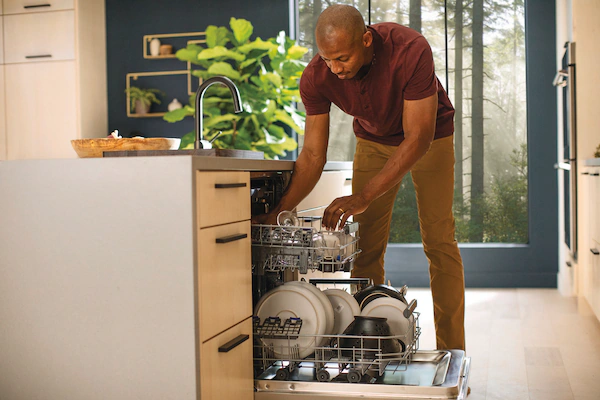Let’s face it: dishwashers are modern-day marvels. They spare us from the tyranny of scrubbing dried oatmeal off plates and give us back precious minutes of our lives. But if you’re one of the millions of homeowners with a septic system, you might find yourself pausing mid-cycle and asking, “Wait… is this safe?”
Yes, it’s a valid concern. Your septic tank is already juggling a lot — showers, toilets, laundry — and you don’t want to give it dishwasher drama on top of that.
But before you banish your dishwasher to the land of unused appliances (right next to the bread maker and that air fryer you used twice), let’s clear the sink of confusion.
The Science of Suds
A septic system is a finely tuned underground ecosystem. It depends on natural bacteria to break down waste and keep things flowing smoothly. Overloading it with excess water or harsh chemicals can mess with that balance faster than you can say “drain field failure.”
Dishwashers typically use between 6 to 10 gallons of water per cycle. That may not seem like a lot, but if you’re running multiple cycles per day, you could be pushing your septic system closer to a bubble bath it didn’t ask for.
Myth or Mayhem?
There’s a persistent belief floating around that dishwashers and septic tanks don’t mix — like oil and water or cats and productivity. But that’s not entirely true. In fact, can I use a dishwasher with a septic tank? isn’t just a question — it’s a matter of smart usage, not outright prohibition.
According to WM Plumbing in Doral FL, a dishwasher can absolutely coexist with a septic system — provided you’re not treating it like a garbage disposal with delusions of grandeur. A few tweaks in behavior and product choice can make all the difference.
Tips from the (Kitchen) Trenches
- Scrape, don’t rinse. Food particles belong in the trash, not in your tank.
- Go phosphate-free. Choose septic-safe detergents to avoid killing the helpful bacteria in your system.
- Don’t overload the system. Avoid running the dishwasher at the same time as your washing machine or long showers.
- Invest in efficiency. Energy Star-rated dishwashers use less water, and that’s great news for your septic setup.
- Regular maintenance matters. Pump your septic tank every 3-5 years and stay ahead of potential problems.
The Final Rinse
So, can you maintain a happy home with both a dishwasher and a septic tank? Absolutely — just treat both with a little TLC. Mind your water usage, stay away from harsh chemicals, and remember that every system has its limits (including your patience on Monday mornings).


